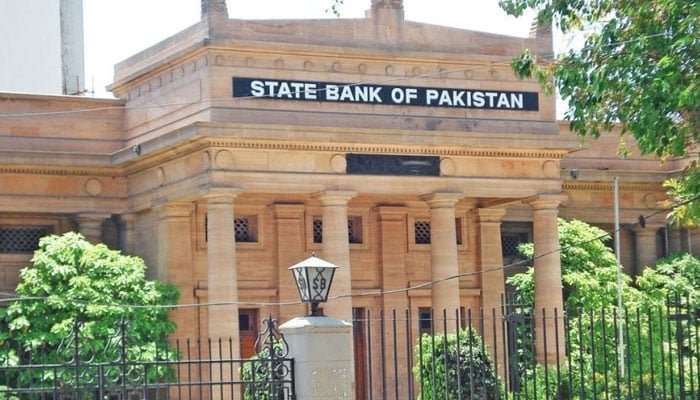The State Bank of Pakistan (SBP) recently released details of worker remittances for the month of September 2023. According to the SBP’s statement, worker remittances in September amounted to 2.2 billion dollars, showing a significant decline compared to the previous month of August, where remittances were over 1.118 billion dollars higher.
In a detailed breakdown, the SBP revealed that Pakistan received remittances from various countries, with Saudi Arabia being the highest contributor at 538.8 million dollars, followed by the United Arab Emirates (UAE) at 399.8 million dollars, and the United Kingdom at 311.1 million dollars.
Comparing this data with the average remittances for the initial three months of the current fiscal year, which stood at 2.1 billion dollars, the decline in September becomes even more noticeable. During the initial three months of the fiscal year 2023, the average remittances had been 2.27 billion dollars, indicating a decline in the recent month.
The decrease in worker remittances for September raises concerns about the economic stability of Pakistan, as remittances play a significant role in the country’s economy. These funds are often crucial for families, supporting daily expenses, education, and healthcare. A decline in remittances can affect the purchasing power of families, leading to potential challenges for the local economy.
Several factors could contribute to this decline, including economic fluctuations in the countries from which the majority of remittances are received. Additionally, changes in immigration policies, employment opportunities, or economic conditions in these countries might have impacted the ability of overseas Pakistanis to send money back home.
The Pakistani government and financial institutions need to closely monitor these fluctuations and understand the underlying reasons. Efforts could include diplomatic engagements with countries hosting a significant Pakistani workforce, creating more employment opportunities within Pakistan to reduce the dependency on foreign jobs, and ensuring efficient channels for remittance transfers to encourage overseas Pakistanis to continue supporting their families and homeland.
Addressing the decline in remittances is crucial for Pakistan’s economic stability. This situation calls for strategic planning, not just from financial institutions but also from policymakers, to create an environment that encourages economic growth and ensures the financial well-being of its citizens.



